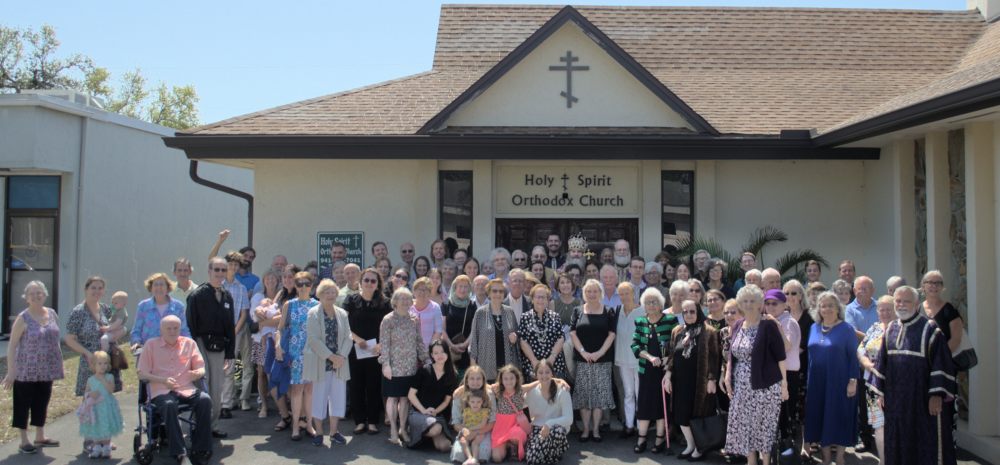Sunday, June 19, 2022
Passed by the full membership on June 19, 2022
Preamble
We, the members of the Assembly of Canonical Orthodox Bishops of the United States of America, promote and uphold the sacred and inviolable essence of human life. The continued challenges of our time prompt us to publish a more comprehensive statement of the Orthodox Church’s regard for human life and, in particular, the termination of human life. Prepared by our Committee for Church and Society, and affirmed by the Assembly as a whole, this statement seeks to succinctly articulate Orthodox Christian teaching for the faithful and to continue the Church’s tradition as a beacon and witness to life as freely given by our good and loving Creator.
Sacredness of Life
The sacredness of life is shared with all creatures and creation fashioned and brought into existence by our mutual Creator. From single-celled organisms to plants, reptiles to birds, or mice to elephants, all are created and thus sacred. “God saw all that He had made, and it was very good” (Genesis 1:31). As such, it is our responsibility as human beings to treat all life accordingly: with care, reverence, humility, and love.
Human Life is Sacred and Inviolable
The recognition of each human person as created in the image and likeness of God, destined for eternal life and therefore, sacred and inviolable, is a cornerstone of Christianity. Through the Church’s canons, dogma, and moral code across the centuries, we have affirmed this understanding of human life from the womb to the tomb. These convictions are taught and witnessed by the Orthodox Church in all its manifestations around the world today. All human life is both sacred and inviolable, regardless of age, health, or any other status. Human life, including free will, is rightly understood as a gift from God, meant to be cherished and respected. We are all meant to “have life, and have it abundantly,” as we know from our Good Shepherd (John 10:10-11). When human life is understood in this way, we are inclined to care deeply for one another and to cherish and protect each and every person.
Taking of Human Life
Any deliberate ending of human life is a rejection of its sacredness and inviolability and is unacceptable. This includes Continue reading



